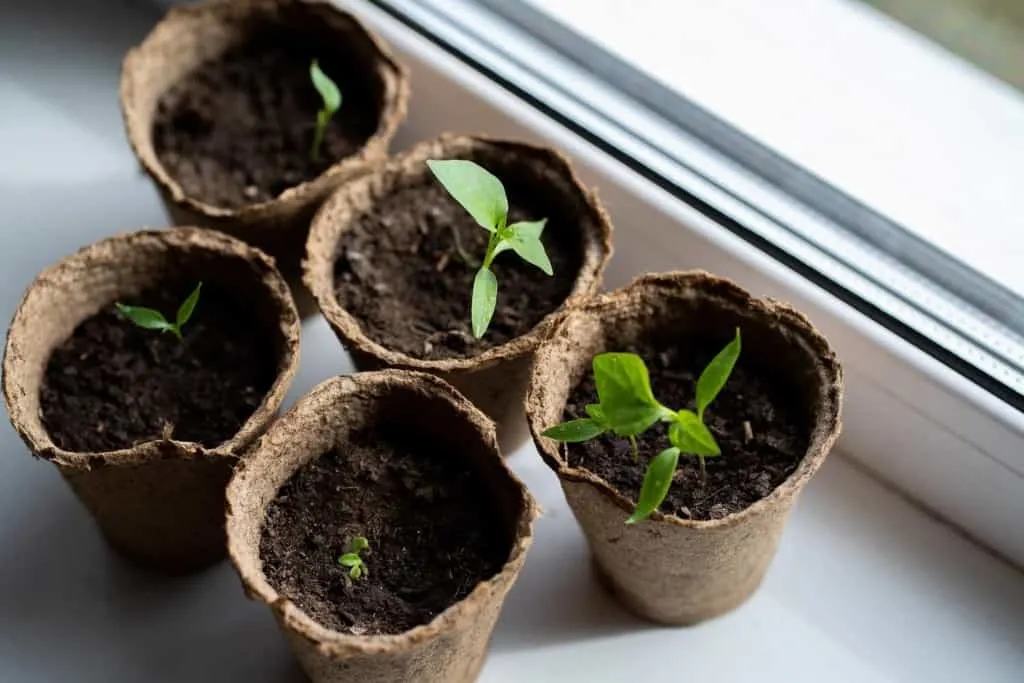Regarding gardening, organic matter is crucial in maintaining healthy and vibrant plants. One such organic material that offers numerous benefits is peat humus. This article will discuss the benefits of peat humus in your garden and how it can improve your gardening experience.
Enhanced Soil Structure and Water Retention
Having well-structured soil is essential for optimal plant growth. Peat humus can significantly enhance soil texture and water retention capabilities just like Peat moss, leading to healthier plants.
1. Adding Peat Humus to Improve Soil Texture
Incorporate peat humus into your garden soil to improve its structure. Peat humus is lightweight and easily breaks up compacted soil, promoting better aeration and root development.
2. Retaining Moisture for Healthier Plants
Peat humus acts as a sponge, absorbing and holding moisture in the soil very effectively like peat moss helps. It helps plants maintain adequate hydration, reducing the risk of drought stress and improving overall plant health.
Increased Nutrient Availability
Peat humus is rich in organic nutrients that are essential for plant growth. By incorporating it into your garden, you can provide your plants with a continuous supply of nutrients.
1. Peat Humus is A Rich Source of Organic Nutrients
Peat humus contains a variety of organic matter, such as decomposed plant material, that releases nutrients gradually. It ensures a steady supply of essential elements, promoting healthy plant growth.
2. Enhancing Soil Fertility and Plant Growth
The nutrients released by peat humus enrich the soil, improving its fertility. It produces more robust and productive plants with better yields and vibrant blooms.
pH Regulation and Buffering Capacity
Maintaining the right soil pH is crucial for plant nutrient uptake. Peat humus can help regulate pH levels and buffer against extreme fluctuations.
1. Balancing Soil pH for Optimal Plant Health
Peat humus is slightly acidic, making it effective for neutralizing alkaline soils. It helps bring the pH closer to the neutral range, providing an ideal environment for most plants.
2. Buffering Against Excessive pH Fluctuations
Peat humus acts as a buffer, preventing drastic pH changes caused by adding acidic or alkaline substances. This stability ensures a consistent pH level, promoting healthy plant growth.
Weed Suppression and Disease Prevention

Peat humus can be a valuable tool for suppressing weed growth and minimizing the risk of soil-borne diseases in your garden.
1. Smothering Weed Growth with Peat Humus
Apply a layer of peat humus as mulch around your plants to inhibit weed germination and growth. This natural weed barrier helps reduce competition for resources, allowing your plants to thrive.
2. Reducing the Risk of Soil-Borne Diseases
Peat humus has antifungal properties that can help prevent soil-borne diseases. Creating a healthy and disease-resistant soil environment can safeguard your plants from potential infections.
Environmental Sustainability
In addition to its benefits for your garden, peat humus offers environmental advantages, making it a sustainable gardening choice.
1. Renewable and Eco-Friendly Gardening Option
Peat humus is derived from sustainable peatland management practices. Using peat humus contributes to the conservation of natural peatlands, which are essential for biodiversity and carbon sequestration.
2. Peat humus as a Byproduct of Sustainable Peatland Management
The peat humus is obtained as a byproduct of responsible peatland restoration and conservation efforts. By supporting the use of peat humus, you actively promote sustainable practices in gardening.
Conclusion
Incorporating peat humus into your garden can unlock many benefits, from improving soil structure and nutrient availability to regulating pH levels and suppressing weeds. Furthermore, choosing peat humus contributes to sustainable gardening practices and environmental conservation. Enhance your gardening experience with peat humus and witness the positive impact on your plants and the environment.


